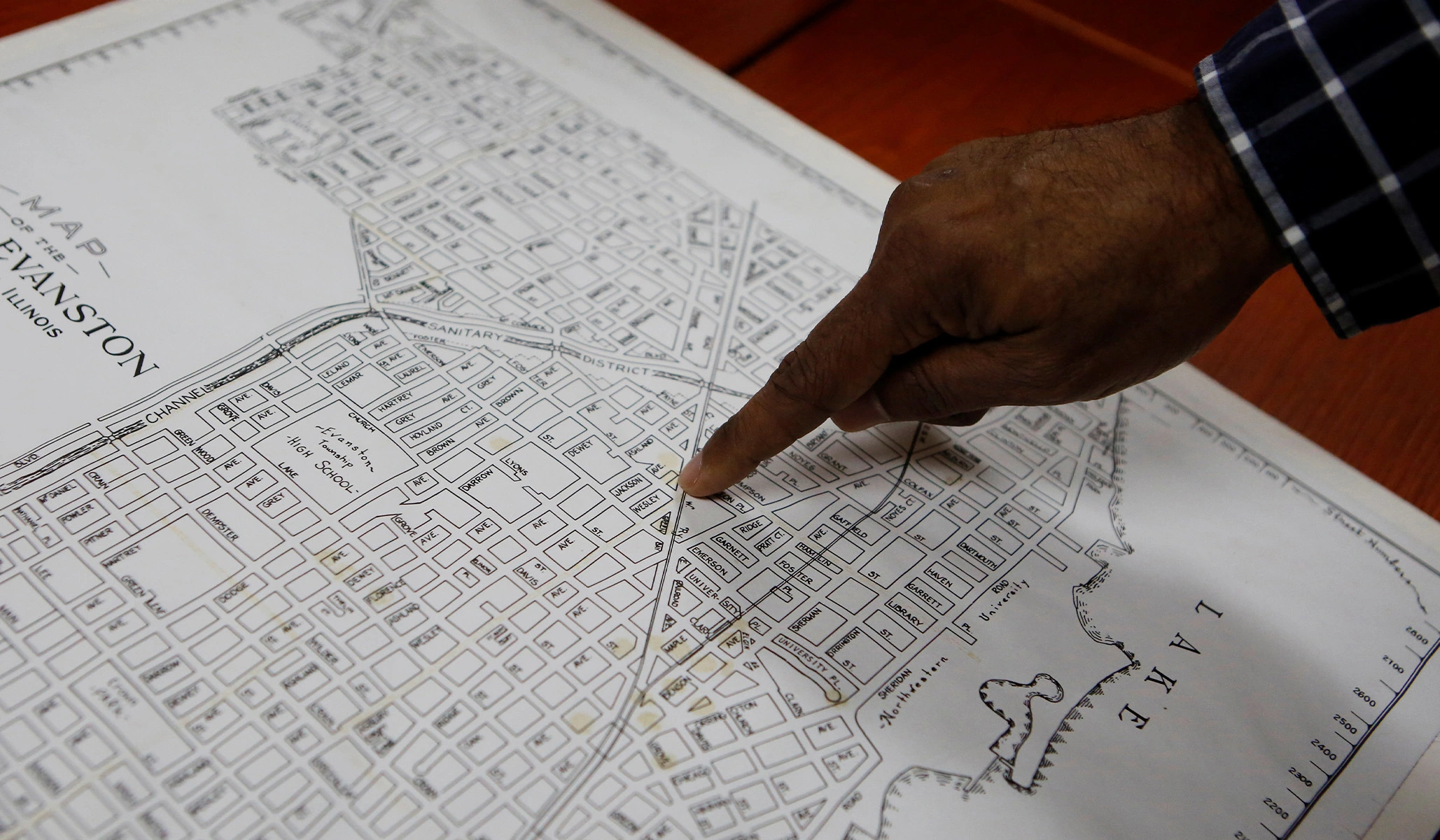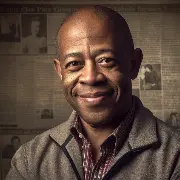As a black taxpayer, I’ve always heard about redlining, a practice that makes it harder for African Americans to obtain home loans in black neighborhoods. It’s a common belief that this practice is responsible for the lack of wealth in black families in comparison to their Caucasian counterparts. However, a recent academic deep dive into the subject reveals a reality that differs from the accepted narrative.
Economist Price V. Fishback and his team found that white households accounted for 82% of individuals who lived in the risky areas that were redlined across ten major U.S. cities in 1930. Furthermore, Caucasians were the sole owners of 92% of homes in these slum areas, which likely consisted of ethnic populations such as Irish and Italian Americans. While it’s true that a higher percentage of black individuals owned homes in the redlined neighborhoods, this was likely due to poverty rather than racism.
It’s worth noting that redlining was made illegal in 1968 and has almost nothing to do with contemporary patterns of settlement in many of the largest and fastest-growing American cities. Despite this, the accepted narrative persists, and it’s often perpetuated by left-leaning media and academics.
This intentional curation of historical information has led to a disconnect between the narrative and reality. Many social movements associated with the “heroic Sixties” have turned out to be complete disasters, including the embrace of drug culture, the sexual revolution, and the latter waves of feminism. While ignorance of history may explain some of this disconnect, it’s clear that partisan left-wing activists dominate much of academia and the national media.
In today’s endless debates about topics such as gender identity, opponents are often asked if they want to be on the wrong side of history. However, it’s important to remember that the Anointed opponents of the hoi polloi were not always on the right side of history. The Tuskegee Experiment, for example, was largely administered by a famous center-left black college. It’s crucial to use common sense rather than blind trust when making decisions about the future.

